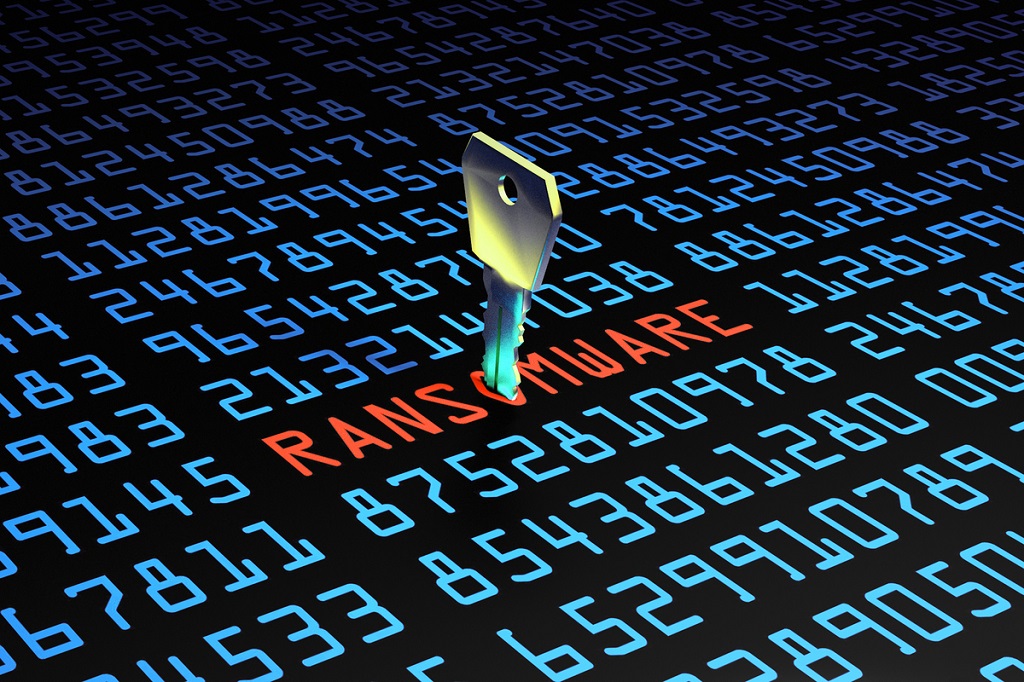Sometimes, having software installed on your PC might appear cheap and of minimal cost, but the eventuality of this might result in a bigger financial loss. Much of such loss is through ransomware.
By definition, ransomware is a form of malware sent through deceptive links in an email message, instant message or website, which encrypts your files and then the attacker demands a ransom from you to restore access to the data upon payment.
How do ransomware attacks occur?
Attackers deploy ransomware to attempt to encrypt various devices, including computers and servers. The attackers often demand a ransom before they provide a key to decrypt the encrypted data.
Such attacks are often aimed at large organizations, but ransomware attacks can also happen to you. It is essential that you are ready and protected from them to be sure of security.
How to protect your devices against ransomware attacks
Install and use trusted security software on all your devices, including your mobile phone. Moreover, ensure that this security software is up to date. It can help protect your devices against cyber-attacks. Also, update your operating system and other software. This can patch security vulnerabilities.
Avoid reflexively opening email attachments. Why? Email is one of the principal methods for delivering ransomware. Be wary of any email attachment that advises you to enable macros to view its content. If you enable macros, macro malware can infect multiple files.
Back up your data to an external hard drive. If you’re the victim of a ransomware attack, you’ll likely be able to restore your files once the malware has been cleaned up.
Consider utilizing cloud services. This can help mitigate a ransomware infection, since many cloud services retain previous versions of files, allowing you to “roll back” to the unencrypted form.
Don’t pay the ransom. You could pay a ransom in hopes of getting your files back — but you might not get them back. There’s no guarantee the cyber-criminal will release your data.
Encryption is essential to help protect your sensitive personal information. But in the case of ransomware attacks, it can be used against you. It’s smart to take steps to help you gain the benefits and avoid the harm.

